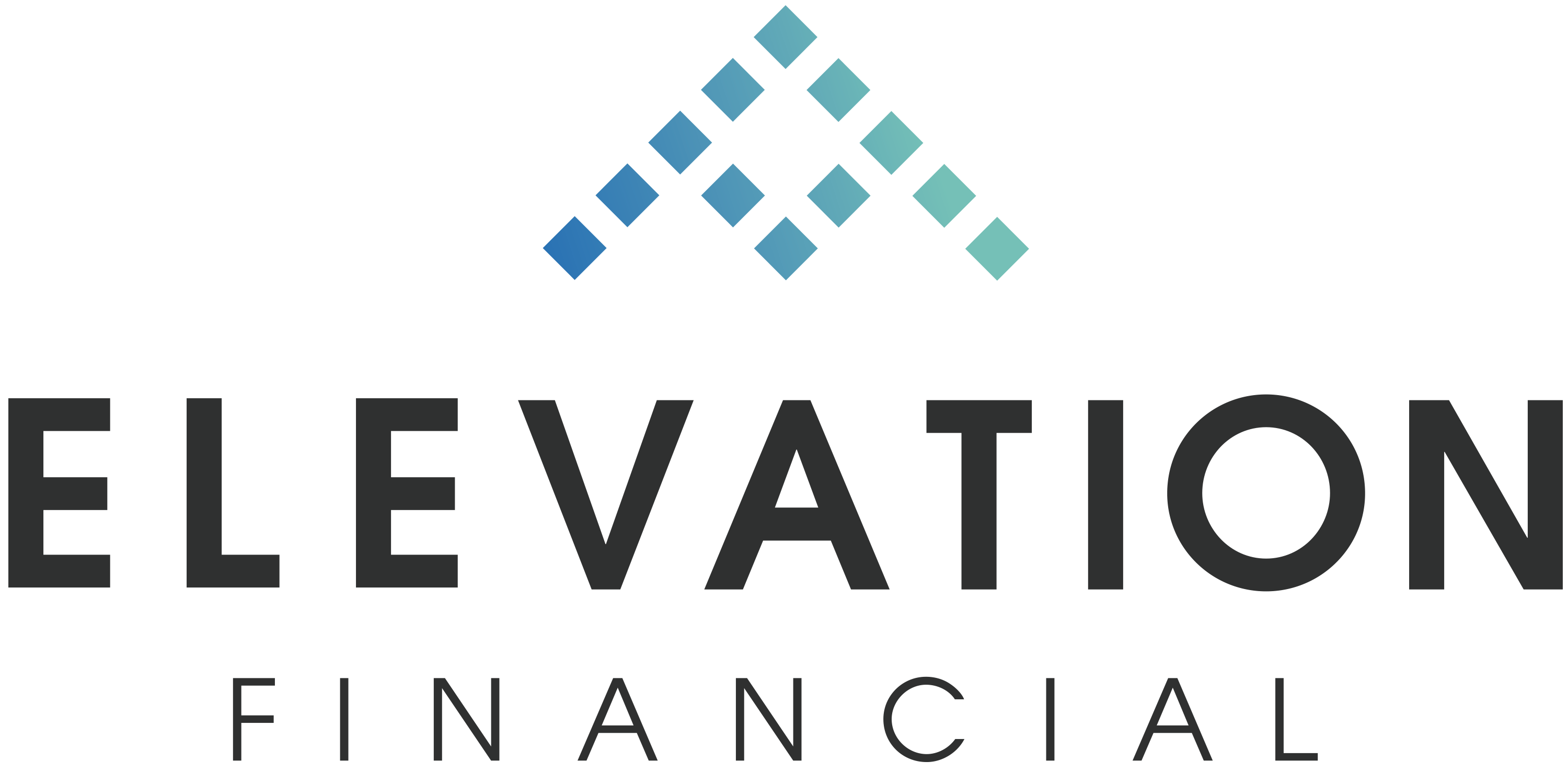
Share this Post

Need help with your money or investments? Book a consultation to learn more about working together.
How to Use a Donor Advised Fund In Your Financial Plan
There are many ways to make a positive impact in the world. We can make an impact through our investing. We can contribute our time and other resources. And we can give through financial gifts.
While many of us are familiar with direct giving, this practice is not always practical for everyone. There are some challenges when it comes to donating directly to organizations.
The timing of tax deductions is one consideration. We may want to make larger donations during periods of earning high income but we may not be ready to give large lump sums to specific non-profits. This may simply be because we haven't chosen ones that are important to us yet. Or we may want to space out giving over many years. If long-term philanthropy is a goal, then making sure funds last a long time is important.
Others sometimes shy away from giving to non-profits because they don't want to continuously receive calls for more donations or fill up their mailboxes with additional requests for gifts.
Others limit giving simply because it can be challenging to keep track of all the receipts and documentation during tax season.
This is why the Donor Advised Fund has become extremely popular for the charitably-inclined.
What is a Donor Advised Fund (DAF)?
A donor-advised fund (DAF) is a tax-advantaged investment account used for charitable giving. Its primary feature is that it de-couples the tax deduction from the timing of the gift.
A DAF is a type of account that allows the donor to contribute money into the account and receive a tax deduction for it just as if the gift were a charitable donation. Then, the donor can decide when the funds are to be used for donations to eligible non-profits. There is no specific timeframe that must be followed, although many DAF account providers will require some minimal level of activity.
A Donor Advised Fund is available to anyone. It's a “turnkey” way to execute giving. It's also much easier to open than a family foundation.
For example, let's say you make a $50,000 contribution to your DAF this year. You could receive a tax deduction on that contribution this year. Then, over the next five years, you issue grants of $10,000 per year to non-profits that you support. You receive the tax deduction all at once but you can do the gifting any time you want.
You can fund a DAF with cash or with other assets, like securities (stocks, etc.).
You can claim an immediate tax deduction of up to 60% of your adjusted gross income (AGI) for cash contributions and the fair market value of appreciated assets up to 30% of AGI. Usually, people opt to contribute their appreciated investments so they don't have to face the tax consequences of selling it themselves.
If your contribution exceeds your AGI, you can carry forward the excess for five years. (Note: The CARES Act temporarily raises the limit on charitable deductions for cash contributions to public charities to 100% of AGI — but donations to DAFs don’t qualify.)
A Donor Advised Fund can be invested, just like an IRA or a brokerage account. And once in the DAF, your charitable assets grow tax-free.
An additional benefit of a Donor Advised Fund is that grants can be made anonymously, which keeps you from getting added to a bunch of mailing lists of various non-profits.
How is a Donor Advised Fund Used?
The real advantage of a Donor Advised Fund is that it gives you much more flexibility over when you take tax deductions and when the giving actually occurs. So why is this advantageous?
Let's look at some examples:
Ellen the Entrepreneur
Ellen is a very busy solo business owner and works as a consultant. At age 45, She has a very high income (and high tax bracket) and maxes out her Solo 401(k), but she still pays a lot in taxes. She plans to run her business for the next five years and then scale back and semi-retire early, working a very light schedule with only a few clients. At that point, she would like to start giving back to her community and focusing on philanthropy.
With a Donor Advised Fund, Ellen can "front-load" her charitable contributions and take substantial tax deductions on those contributions, which lowers her tax bill while she's working full-time. Then, when she enters early retirement, she can use her DAF to issue grants to the organizations that she gets involved with without affecting her (now lower) cash flow. The giving is already "done" – all she has to do is decide where it goes.
Commission Clarksons
Bob and Sally Clarkson both have fast-paced careers. Bob works on commission in sales, and Sally works in tech. As a sought-after software developer, Sally changes jobs every few years because she keeps getting better offers. She has worked at pre-IPO companies and startups and often finds herself receiving substantial bonuses and stock option events which can make her income fluctuate from year to year.
Bob's sales job also results in volatile income. Sometimes has has a great year and other times it's more modest.
Because of the nature of their careers, Bob and Sally's income can fluctuate wildly from year to year.
Bob and Sally love to contribute to their church and many non-profits that are important to them and they want to commit to consistent support of these organizations. Using a donor-advised fund, they can contribute more to their DAF when their income is very high, and less when their income is lower. This allows them to keep their tax bracket and cash flow more consistent. It also lets them contribute to these organizations more consistently so that the non-profits they support can count on recurring donations that don't fluctuate.
Pat & Alex
Pat Smith and Alex Henderson have three kids. Both work and their household income is high. It seems like every year during the holiday season, they try to make a point to make donations to non-profits that make an impact in their communities but they never find the time to do enough research. They want to help but they are just too busy to make the time to focus on it since all three kids are under five. By the time they get home from work, it's all they can do to get the kids fed and ready for bed.
With a Donor Advised Fund, Pat and Alex can simply make one lump sum donation into the DAF at the end of the year and take a tax deduction without worrying about the research. Then, a few years down the road when the kids are older, they can start setting up their giving plan when they have more time to evaluate non-profits that reflect their values. They can even involve the kids and make it a family decision together.
As Pat and Alex get older, they update their estate place to name their children as successor Donor Advisors. This way, when Pat and Alex pass, their children can take over supervision of the DAF and continue their legacy of giving.
Rules and Guidelines for Donor Advised Funds
There are many sponsor organizations that can facilitate the opening of a Donor Advised Fund. Many of the large brokerage firms offer DAF accounts. Each sponsor organization has a set of rules for donor-advised funds they manage. In general, the following are fairly standard with any sponsor:
- Contributions to DAFs are irrevocable, meaning contributions cannot be taken back once they are gifted.
- Although donors maintain advisory and grantmaking privileges for their DAF, once assets are gifted to the account, they belong to the sponsoring organization.
- There are no contribution limits on how much you may donate to a DAF. Sponsors may, however, require a minimum contribution to start a DAF and/or a minimum grant amount.
- All grant recommendations from DAFs must be approved by the sponsoring organization. Although it's rare, a sponsor can block a grant recommendation if the donor doesn’t abide by the organization’s standards or guidelines.
- Grants must go to a public, 501(c)(3) nonprofit organization recognized by the IRS. No grants to individuals are allowed. DAFs may, however, fund scholarship opportunities based on a defined set of student criteria.
- Donors cannot receive a personal benefit from DAF grantmaking.
- A Qualified Charitable Distribution (QCD) cannot be made to a DAF.
It’s important to read the documentation at sponsoring organizations to understand rules, limits, and guidelines before opening and contributing to a DAF.
Is a Donor Advised Fund Right for Me?
There are many cases where a Donor Advised Fund can be a great tool for giving and tax management. Often it's attractive to high earners who are interested in philanthropy but who don't have all the details worked out yet.
It's also a powerful tax planning vehicle for those with substantial embedded capital gains in their investments since securities that have been held for more than one year can be donated at their fair market value, and are not subject to capital gains tax.
A DAF is also an attractive tool for those who value anonymous giving. It can make the process much easier.
A Donor Advised Fund can offer many benefits and is worth exploring for those interested in long-term charitable giving. And the ease of setup and management can remove much of the friction from the process, which is good for donors and non-profits alike.

